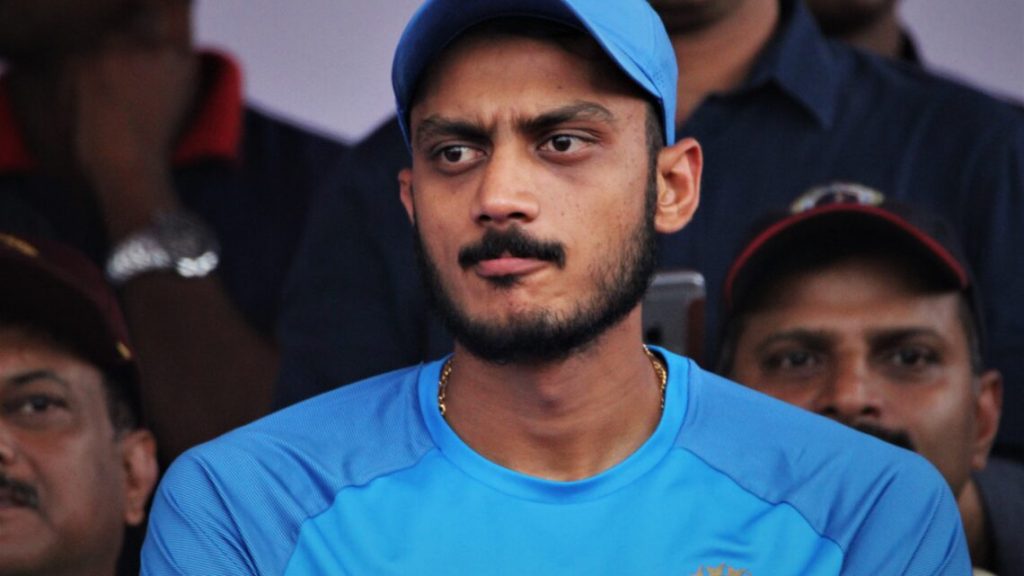
Cricket Country Staff
Editorial team of CricketCountry.
Written by Cricket Country Staff
Published: Jan 28, 2024, 09:11 PM (IST)
Edited: Jan 28, 2024, 09:11 PM (IST)

IND VS ENG: In a riveting encounter at the Rajiv Gandhi International Stadium, Hyderabad, the Indian cricket team faced an unexpected defeat against England in the first Test match of the series. While the clash promised excitement and fierce competition, India’s loss can be attributed to a trifecta of issues that surfaced during the game, namely weak fielding, a choked middle order, and an underwhelming performance from the pace and spin attack.

Weak Fielding: Axar Patel’s Missed Opportunity
Fielding, an integral aspect of the game, proved to be a significant stumbling block for India in the first Test. The pivotal moment that encapsulates this weakness occurred when Axar Patel dropped Ollie Pope’s catch. A seemingly straightforward opportunity slipped through India’s fingers, allowing Pope to continue his innings and contribute crucial runs to England’s total. Such lapses not only cost the team valuable wickets but also allowed the opposition to build partnerships that ultimately shaped the course of the match.
To rectify this, the Indian team must prioritize fielding drills and instill a sense of urgency and precision in their efforts. Addressing the mental aspects of fielding, such as maintaining focus and composure under pressure, will be vital in avoiding similar missed opportunities in future matches.

Choked Middle Order: Struggles of Iyer, Rahul, and Gill
Another glaring issue that emerged during the Hyderabad Test was the underperformance of the middle order. Batsmen like Shreyas Iyer, KL Rahul, and Shubhman Gill faced a formidable English bowling attack but failed to deliver when it mattered the most. Their inability to establish substantial partnerships and contribute significant runs left the lower order exposed and added pressure on the team’s chances of a successful chase.
To overcome this challenge, the coaching staff needs to work closely with the struggling batsmen, identifying technical flaws and mental blocks that might be impeding their performance. Providing a conducive environment for players to regain form through consistent opportunities and confidence-building measures is crucial for the team’s success in the subsequent matches.

Flop Pace and Spin Attack: Ashwin, Jadeja, Patel, Bumrah, and Siraj Underperform
The third critical factor in India’s defeat was the underwhelming performance of the pace and spin attack. Despite boasting a formidable bowling lineup with the likes of Ravi Ashwin, Ravindra Jadeja, Axar Patel, Jasprit Bumrah, and Mohammad Siraj, the unit failed to make significant breakthroughs. The bowlers struggled to contain the English batsmen and lacked the potency to consistently take wickets, allowing the opposition to amass a formidable total.
Rectifying the issues within the bowling department requires a comprehensive reassessment of strategies. The coaching staff, led by the bowling coach, must collaborate with the bowlers to identify areas for improvement, fine-tune their approaches, and devise strategic plans tailored to exploit the weaknesses of the English batsmen.
Learning from Setbacks for a Stronger Comeback
India’s loss in the first Test against England is undoubtedly a setback, but it also presents an opportunity for introspection and improvement. Addressing the weaknesses in fielding, middle-order batting, and the bowling department will be crucial for the team’s resurgence in the series. As the players regroup for the upcoming matches, a collective effort to learn from these deficiencies and implement corrective measures will be instrumental in steering the team back to its winning ways. The cricketing world now eagerly awaits the response of the Indian team, hoping to witness a spirited comeback in the remaining matches of the series.
This website uses cookies so that we can provide you with the best user experience possible. Cookie information is stored in your browser and performs functions such as recognising you when you return to our website and helping our team to understand which sections of the website you find most interesting and useful.
Strictly Necessary Cookie should be enabled at all times so that we can save your preferences for cookie settings.
If you disable this cookie, we will not be able to save your preferences. This means that every time you visit this website you will need to enable or disable cookies again.
